Two Decades of Innovation in Public Health Leadership: SPH’s DrPH Program Turns 20.

Two Decades of Innovation in Public Health Leadership: SPH’s DrPH Program Turns 20
Founded in 2004, the DrPH program at the School of Public Health celebrates its 20th anniversary.
Everyone enrolled in a doctoral program is going to be smart, says Eugene Declercq, a professor of community health sciences and the former director of the Doctor of Public Health (DrPH) program at the School of Public Health. “When we are making admissions decisions, we are asking the question, ‘Is this person going to make a difference? Can we see things in their history that suggests that when they leave us, they are going to actually change people’s lives?’”
Over the past two decades, SPH’s DrPH program has welcomed, and graduated, more than 100 highly motivated, mission-driven students. Developed under the guidance of former Dean Robert Meenan, the program was founded in 2004 to serve those who “wished to lead public health agencies and projects locally, nationally, and internationally,” says Meenan.
DrPH students are experienced public health professionals who enroll in the practice-oriented degree program to enhance their leadership, management, research, and policy skills to have a greater effect on the health of populations in need. Among the program’s alumni, for example, are global public health leaders like Arundati Muralidharan, co-founder of Menstrual Health Action for Impact (MHAi), an organization that drives strategic investments and policy action to advance menstrual health and hygiene across India.
In addition to her DrPH, Muralidharan holds a bachelor’s degree in psychology and a master’s in social work. She designed and administered HIV and AIDS prevention programs for high-risk groups in India before beginning her doctoral studies at SPH. Since graduating from the School in 2012, Muralidharan has expanded upon her dissertation research on the healthcare-seeking behaviors of young women in Mumbai’s slums, implementing what she learned to improve the lives of women and girls across India through her work with MHAi.

“Everything we have done has been aimed at trying to develop a program for people who want to move to the next level and want the skills to be able to do that,” says Declercq. Under his leadership, SPH’s DrPH program has served as a model for other schools of public health across the country.
“One of the first things we did was reach out to all the other DrPH directors at the time and organize the DrPH directors’ group,” he says. The group assembled at American Public Health Association meetings to discuss common challenges in the evolution of the relatively young professional degree program, which first emerged in the early 20th century as a bridge between research science and the real-world implementation of public health interventions. Their conversations ranged from whether to require practicums and dissertations to how to structure comprehensive exams, Declercq says.
“We had the benefit of saying we wanted to go all in on what a practice-oriented program should be. And it would be much more management-oriented, much more leadership-oriented than what a lot of the [other] programs at the time looked like,” says Declercq. He points out that it was not until 2009 that the Association of Schools of Public Health (ASPH)—the predecessor of the current Association of Schools and Programs of Public Health (ASPPH)—released the DrPH Core Competency Model to formally guide preparation of the DrPH workforce.
In 2019, he passed leadership of the program to Patricia Elliott, a clinical associate professor of community health sciences and a graduate of the DrPH program. Elliott is one of several SPH faculty members to have completed the DrPH program, including Salma Mohamed Abdalla (SPH‘16,‘22); Craig Andrade (SPH‘11), associate dean for practice; Sophie Godley (SPH‘17), clinical associate professor of community health sciences; and Nancy Scott (SPH‘03,‘13), assistant professor of global health.
During Elliott’s five-year tenure, the program formalized its leadership curriculum, adding credit-bearing leadership seminars, an alumni mentorship program, and a variety of communications training opportunities. She also prioritized seeking out new sources of funding for DrPH student and faculty projects.
“Ultimately, as both an alum and outgoing director, I want to be able to say that we are training the next generation of public health leaders with an eye towards equity,” says Elliott, “which means we ensure that students with the capacity for impact and transformative leadership can come to BU and leave ready to help the world, regardless of their financial circumstances. Our students bring a wealth of experience to our campus community, and I am grateful to learn from them and to see them elevate the thinking of our master’s students.”
This summer, Elliott will transition leadership of the program to Jessica Leibler, associate professor of environmental health. In celebration of the program’s 20th anniversary, Elliott identified several current students and alumni who embody the spirit of the program. Their stories may be found below.
“So many of our students come back and give guest lectures, or serve as instructors or TAs in our classes, and they contribute back to our community in really positive ways,” says Elliott. “It has been wonderful to be able to be the director of the program for the past 5 years—definitely a career highlight for me.”
Darius L. Fenelon
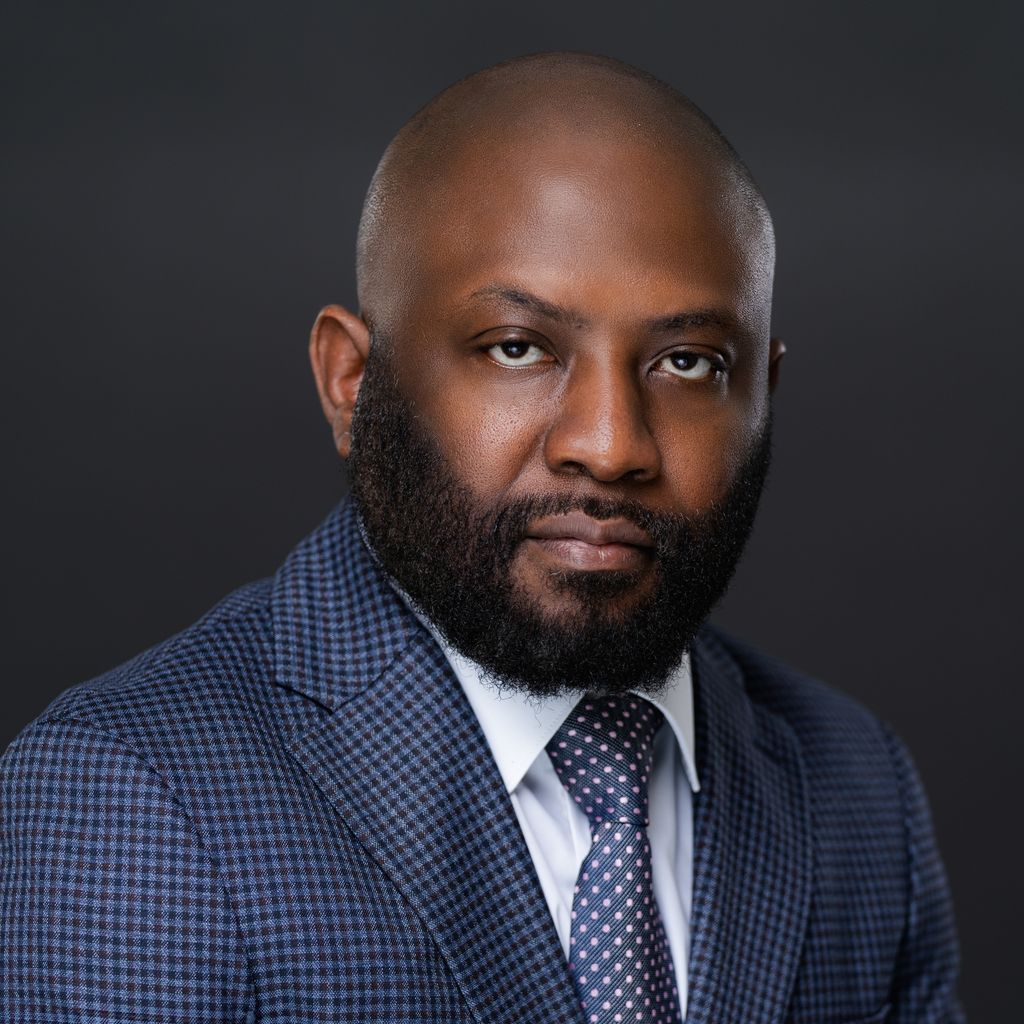
Upon completion of his degree, Darius Fenelon, a current DrPH student at SPH, plans to return home to Haiti to apply the skills and knowledge he has gained in leadership, management, and policy to tackle the mounting challenges posed by non-communicable diseases (NCDs). NCDs are a major but historically neglected cause of mortality due to resource limitations and a multitude of competing health challenges, he says.
As a physician and the former divisional director of the NCD program at Zanmi Lasante, Haitian sister organization to the global health nonprofit Partners in Health (PIH), Fenelon has observed firsthand the complex interplay of the social, economic, and environmental factors that influence health outcomes. He points to Haiti’s devastating 2010 earthquake as a turning point in his life, when he realized the country’s health challenges were too great for any individual doctor to overcome.
“The substantial shortcomings in our health system made it evident that solo efforts to treat injuries and save lives were insufficient to tackle the deep-rooted systemic issues,” says Fenelon, who earned an MPH in health services policy and management from the University of South Carolina in 2015. “This harsh truth led me to an essential insight: To make a meaningful impact, I must extend my focus beyond individual treatment to include broader aspects of health policy, partnerships, and advocacy.”
Boston University was always on Fenelon’s radar as a top choice for advanced study due to the School’s rank and history of partnerships with PIH, he says, but a positive experience collaborating with an SPH DrPH student on a 2021 pilot study of SMS messaging as a means of coordinating outpatient NCD appointments at rural Haitian clinics ultimately solidified his decision to come to Boston.
One of the most significant lessons Fenelon has learned from his DrPH studies to date has been the vital role that effective communication and interdisciplinary collaboration play in public health leadership. He says he found Professor Monica Onyango’s Managing Disasters and Complex Humanitarian Emergencies (GH755) course particularly illuminating. “Effective communication extends beyond merely sharing information,” he says. “It involves ensuring clarity, comprehension, and engagement across diverse stakeholders, translating complex data into accessible policies, and tailoring messages to suit various audiences such as policymakers, community leaders, and health professionals.”
Christian Mazimpaka
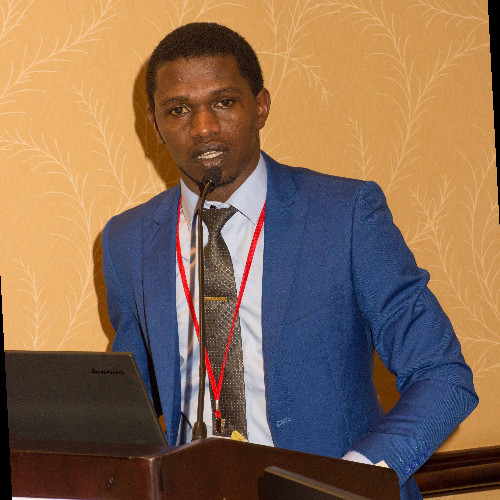
Prior to enrolling in the DrPH program at SPH, Christian Mazimpaka, like his classmate Fenelon, also worked for PIH (or Inshuti Mu Buzima, as the organization is known in Mazimpaka’s home country of Rwanda). Since 2014, Mazimpaka has used his clinical training as a medical doctor in service of the global health nonprofit, as well as the Rwandan Ministry of Health. As clinical director for Kayonza District, he oversaw the implementation and evaluation of clinical programs at all levels of the district’s health sector, including at health posts, health centers, and the district hospital.
Witnessing health disparities and the impact of infectious diseases in his community in Rwanda inspired Mazimpaka to pursue advanced studies in public health, he says. He first earned his MSc in global health delivery at the University of Global Health Equity in Butaro, Rwanda in 2016, and then began his DrPH at SPH in 2020. He was attracted by the program’s focus on leadership, management, and policy, he says, “which are critical areas for health systems strengthening in low-resource settings.”
Mazimpaka credits Professor Veronika Wirtz’s Seminar on Global Policy Issues (GH888) with teaching him some of the most important lessons of his studies so far. “This course deepened my understanding of the politics of the policy-making process in public health and its impact on health outcomes. It introduced new concepts and provided new tools that I believe will be invaluable back home in Rwanda,” he says.
In addition to his coursework, Mazimpaka also holds the position of evaluation coordinator with the School Health Institute for Education and Leadership Development (SHIELD) at SPH. In his role, he leads development of research and evaluation initiatives for the program, which provides continuing education to school nurses in the form of clinical, management, and leadership courses. He is also currently in the process of finalizing his dissertation proposal, which he says will focus on Rwanda’s Mass Drug Administration Program, evaluating its coverage for schistosomiasis and soil-transmitted helminthiasis and assessing its capacity for sustainability when donor funding runs out.
Throughout his studies, Mazimpaka has maintained research collaborations with colleagues back in Rwanda. He says he looks forward to returning home after graduation and applying his newfound expertise in health policy and systems management to improving his country’s national health system, particularly with respect to pediatric health and neglected tropical diseases.
Dana Rice (SPH‘10)
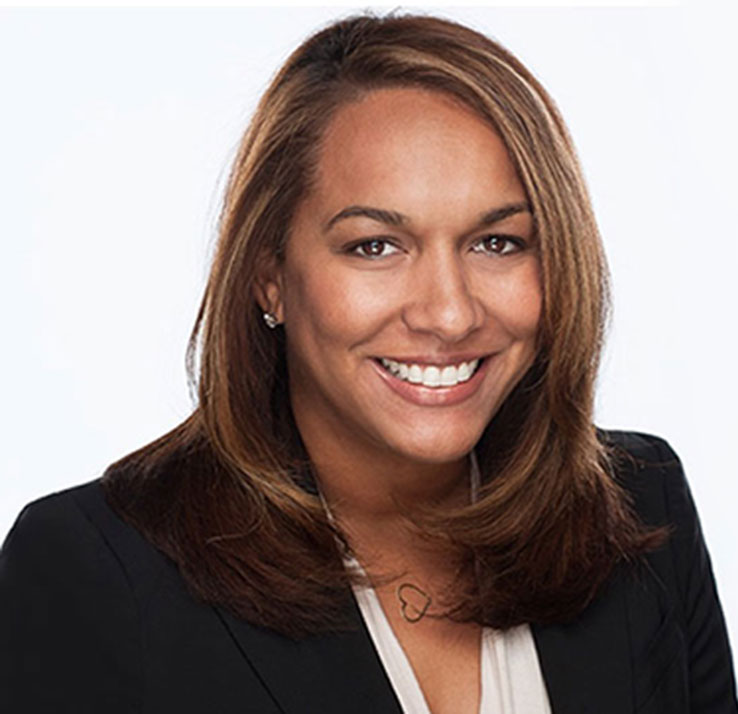
Dana Rice applies the training she received as part of the DrPH program’s first cohort to administer academic programs of public health and teach MPH students as an associate professor and assistant dean of master’s degree programs at the University of North Carolina Gillings School of Global Public Health.
Rice says it was largely a stroke of luck that she landed in the field of public health. While working as a research associate for a large academic hospital in Michigan, she was walking through the university’s affiliated school of public health to drop off her application to another master’s program when a display about epidemiology captured her attention. She says she immediately signed up for three graduate courses in the subject and never looked back, working at her local health department while earning her master’s in community health services research in the evenings. She later transitioned into a role in infection control at a local jail where she realized that if she wanted to have a greater effect on the health and wellbeing of incarcerated people, she would need additional public health training.
“I chose BU because it was the only DrPH program with a concentration in social and behavioral health, an area of focus that I thought would give me skills in leading systems change,” says Rice. “I also knew that there were amazing faculty at BU with expertise in substance-use prevention, program implementation and evaluation—skills I wanted to enhance.”
As a DrPH student, Rice completed her dissertation on the design, implementation, and evaluation of a jail-based rapid HIV screening program. She went on to receive more than a decade’s worth of funding to support her continued work on the program, which became the largest HIV screening site in the state, connecting many people in need to care. Much of her work in academia today still relates to the criminal legal system’s impact on the health and wellbeing of people and communities, she says.
“My dissertation work laid the foundation for all of my current work,” says Rice. “The system was changed—albeit slightly—for the better and the policies, practices and partnerships that were created during my time working on the screening program sustained past my tenure.”
Gampo Dorji (SPH‘14)
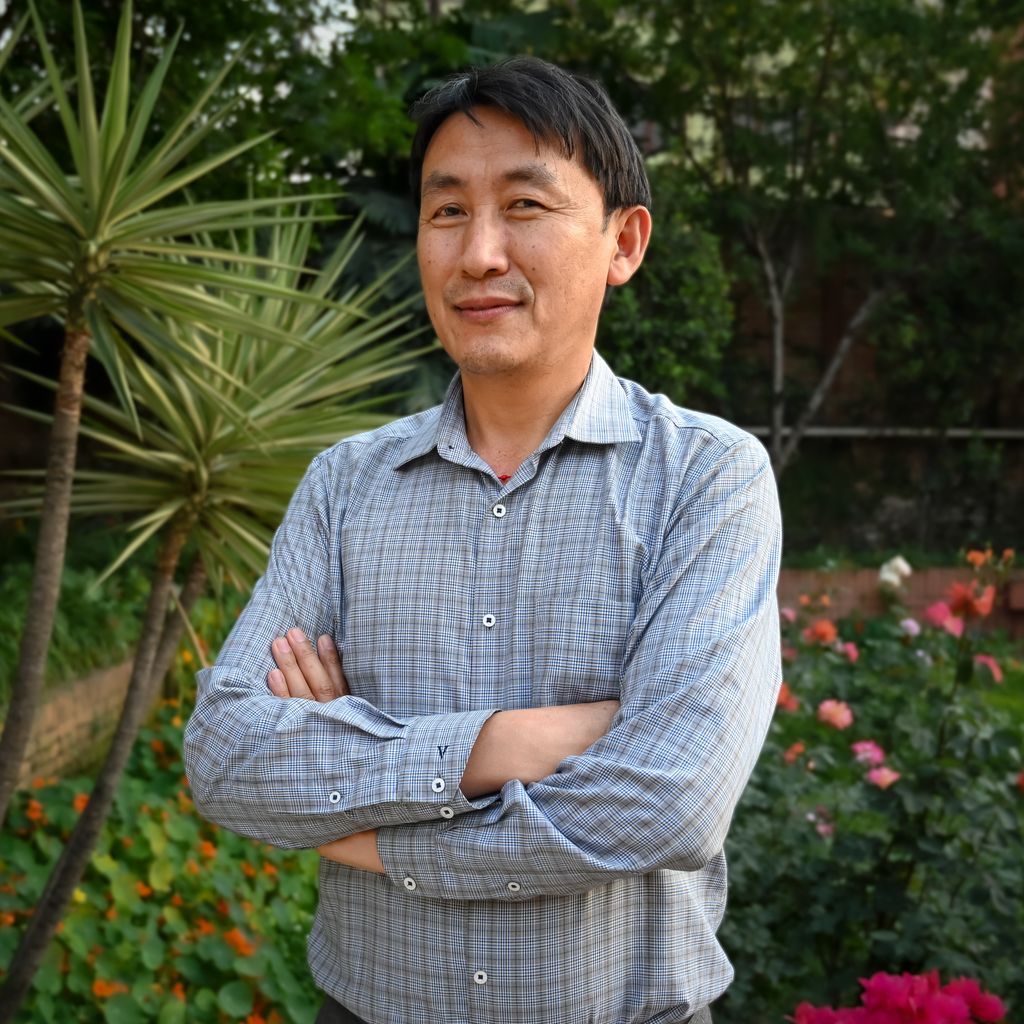
Gampo Dorji is likely one of the fastest students to have completed the DrPH program at SPH, matriculating in fall 2011 and graduating three years later in fall 2014. He has since held a variety of roles in government service and leadership across southeast Asia, and now works for the World Health Organization (WHO) Country Office for Nepal as the team leader for noncommunicable disease and mental health and disability inclusion.
In his current role at WHO, Dorji advises and supports the Nepalese government on the prevention of chronic diseases and the improvement of health services for people with cardiovascular disease, diabetes, cancer, chronic respiratory disease, and mental disorders. He also aids the government in the implementation of upstream interventions for a variety of complex public health challenges, such as alcohol control, tobacco cessation, suicide prevention, injury and road crash prevention, and mental health and healthy diet promotion. One of his notable recent contributions was to strengthen enforcement of a Nepalese law banning alcohol advertising, sponsorship, and promotion in the country. In partnership with the Nepal Consumer’s Forum, Dorji and his team successfully stopped Nepal-based editions of The New York Times newspaper from carrying alcohol advertisements.
Dorji first came to appreciate the value of public health practitioners while seeing patients as a primary care physician in remote regions of his native Bhutan. He realized then that he could have a larger effect through government service than as an individual clinician. He served in various levels of Bhutan’s Ministry of Health prior to coming to the United States to earn his MPH from Johns Hopkins Bloomberg School of Public Health from 2007 to 2008. Seeking a more advanced, hands-on grounding in global public health leadership and practice, Dorji later applied to the DrPH program at SPH.
“We were seven [in the program], each one with a wealth of life experiences and highly passionate about making a difference in the world of public health. We would have rich discussions in- and out- of the classrooms,” recalls Dorji. “I also met wonderful professors who eventually became my lifelong mentors and friends—Lora Sabin, [Eugene] Declercq, Rich Feeley, Jon Simon and Susan Foster. Some of them visited me later in Bhutan. I continue to reach out to them and seek their advice in my professional work and life.”
Jen McCutcheon (SPH‘13)
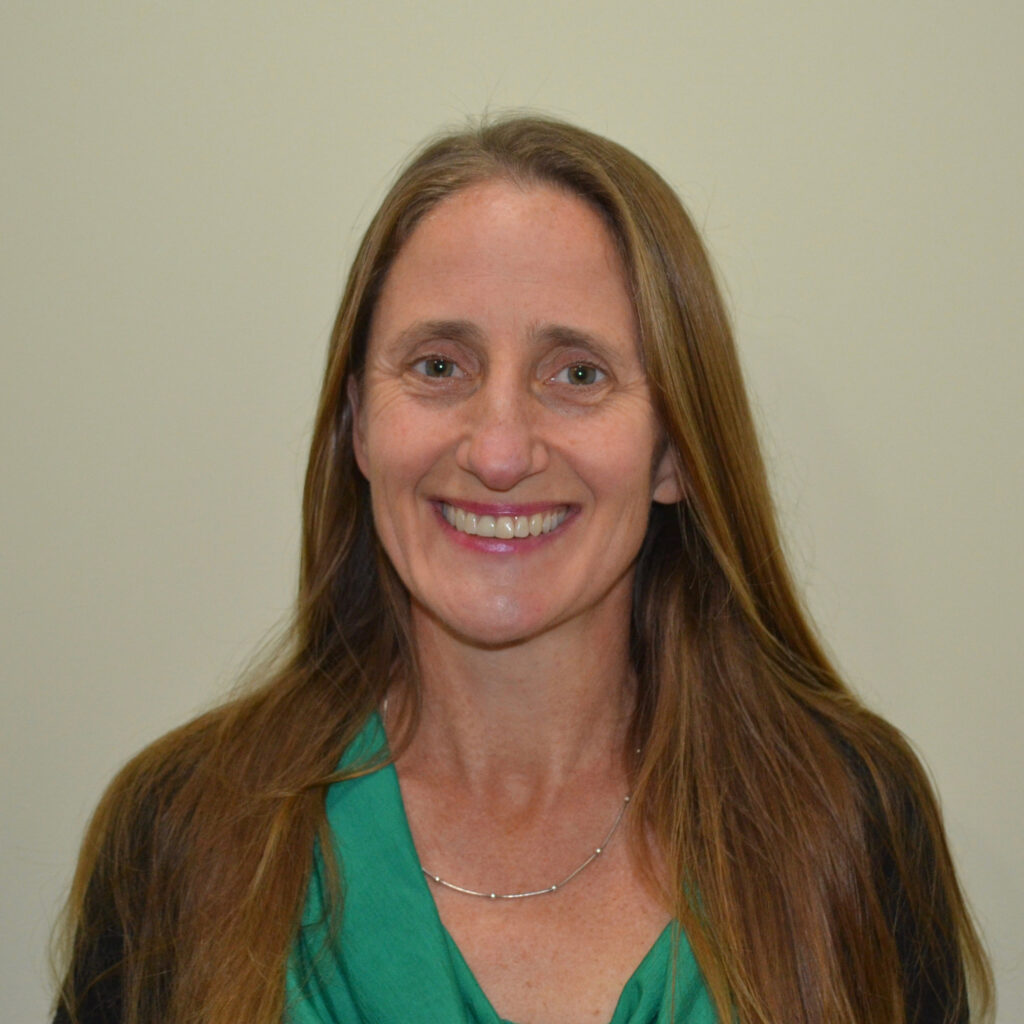
Jen McCutcheon’s background as a physical therapist specializing in neurological recovery and current role as an elected representative for a population of about 20,000 people living in the greater Vancouver area speak to the diversity of incoming DrPH students as well as the ever-expanding realm of applications for the skills the degree provides.
“I really appreciated that candidates in the program were coming from a strong breadth and depth of experiences from around the world,” says McCutcheon. “I was excited to learn from and with colleagues who already had real world working and leadership experience, and looking back on my time at BU, this really was a highlight.”
In her role as electoral area director, McCutcheon promotes policies that address social determinants of health and makes decisions for her constituents related to public transportation, infrastructure, climate action, parks and housing. The DrPH program provided excellent preparation for these responsibilities, she says. “Specifically, the leadership and communication skills, focus on solving complex problems, and linkages among health, climate and environment, and social justice issues have been central to my approach to challenging decisions in my current role.”
McCutcheon, who completed her DrPH while simultaneously working and raising two children, encourages current students to get to know their classmates as they can be a huge source of both knowledge and moral support. “I was fortunate to have a fantastic cohort, without whom I am not sure I would have made it though the program,” she says. To prospective students, McCutcheon says, “Do it! The program really helped me to think about complex problems in a more holistic and systematic way and left me with both skills and friendships that will last a lifetime.”
